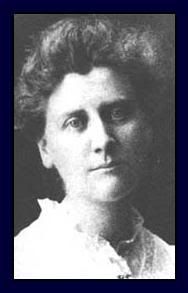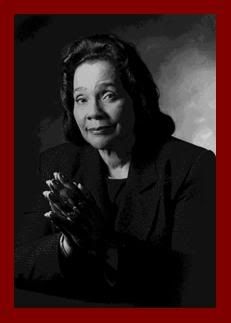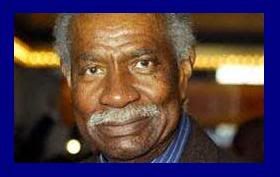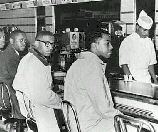Statement of Conscience (official)
Economic Injustice, Poverty, and Racism: We Can Make A Difference!
(scope: Continental)
We, the member congregations of the Unitarian Universalist Association, hereby rededicate ourselves to the pursuit of economic justice, an end to racism, and an end to poverty. We recognize that racism is a major contributor toward economic injustice. We pledge ourselves to strive to understand how racism and classism perpetuate poverty and to work for the systemic changes needed to promote a more just economy and compassionate society. Together, we can make a difference.
Economic injustice persists in spite of the longest period of economic prosperity in our history. The gap between the rich and the poor continues to widen. Tens of millions, particularly children, women, and the elderly live in poverty, a disproportionate share of whom are ethnic and racial minorities.
Working for a just society is central to our Unitarian Universalist faith. An economically just society is one in which 1) government and private institutions promote the common economic good and are held accountable; 2) all people have equal opportunity to care for themselves and their families; and 3) individuals take responsibility for the effects of their actions on their own and others' lives. Conversely, racism encourages people to perpetuate a system of privileges and economic rewards that opens the door of opportunity much wider for some than for others. This should not be tolerated.
We must look both inward and outward as we organize ourselves for action within our congregations and beyond. Looking inward, the 1997 General Assembly of the Unitarian Universalist Association urged Unitarian Universalists to examine carefully our own conscious and unconscious racism and to work toward our transformation to an anti-racist, multi-cultural institution. The Unitarian Universalist community has only begun its soul-searching toward the goal of becoming more inclusive and affirming. We acknowledge the lack of racial and economic diversity within most of our congregations. However, having diverse congregations is not the only way to understand injustice in our society. Looking outward, our 1997 General Assembly also called upon Unitarian Universalists to work for a more just economic community. We can learn much and accomplish much by joining and creating community organizations in which diverse groups of people work together on economic justice issues, hold community leaders accountable, and monitor those leaders' efforts toward achieving systemic improvements. Our work for economic justice must include support for
-
fair wages and benefits;
-
access to adequate housing, social services, child care, adult daycare, education, health care, legal services, financial services, and transportation;
-
the removal of environmental and occupational hazards that disproportionately affect low-income people;
-
respect for treaty rights of First Nations and Native American Tribes;
-
government and corporate policies that promote economic investment in the urban core and rural communities;
-
a more equitable criminal justice system;
-
tax systems that prevent affluent individuals and corporations from sheltering assets and income at the expense of those less privileged; and o campaign reforms that ensure equal access to the electoral process regardless of wealth.
As Unitarian Universalists, we have a religious and moral obligation to challenge complacency in ourselves and in our communities. We commit to fighting injustice wherever we find it. We acknowledge that this may disturb our own comfort and require us to broaden our interest to include the greater good of an economically just and compassionate community. We will learn much as we do this work.
Historically, Unitarians and Universalists have often been in the forefront of social reform. Our history teaches that social change does not come easily and is not without risk. Nevertheless, at the beginning of this new century, let us recommit to justice, equity, and compassion in human relations. Let us embrace our responsibility to help create a more just world. Let us continue to reflect and organize for action within our congregations and beyond our doors. Let us not concede that economic injustice, poverty, and racism are tolerable.
"These are the same issues that we as a GREENSBORO NC community face today in 2005. This is so sad but true. Its time for a change.."
 "Lets Build This Together"
Purpose, Truth, Triumph and Equality for all..
"Lets Build This Together"
Purpose, Truth, Triumph and Equality for all..

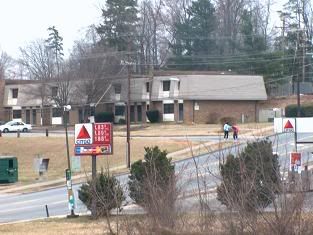

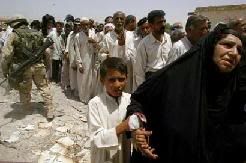
 s´´
s´´ fâr´) (
fâr´) (
